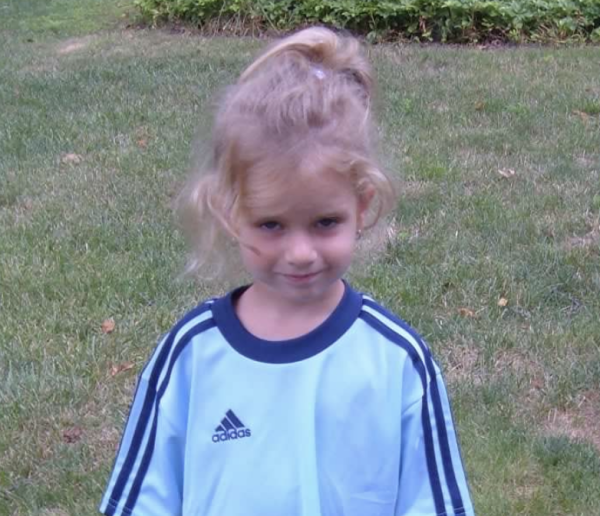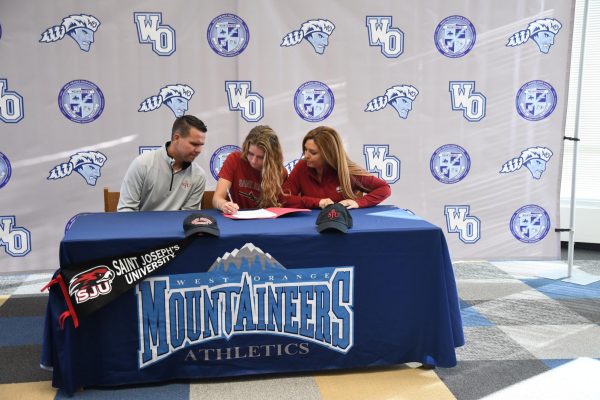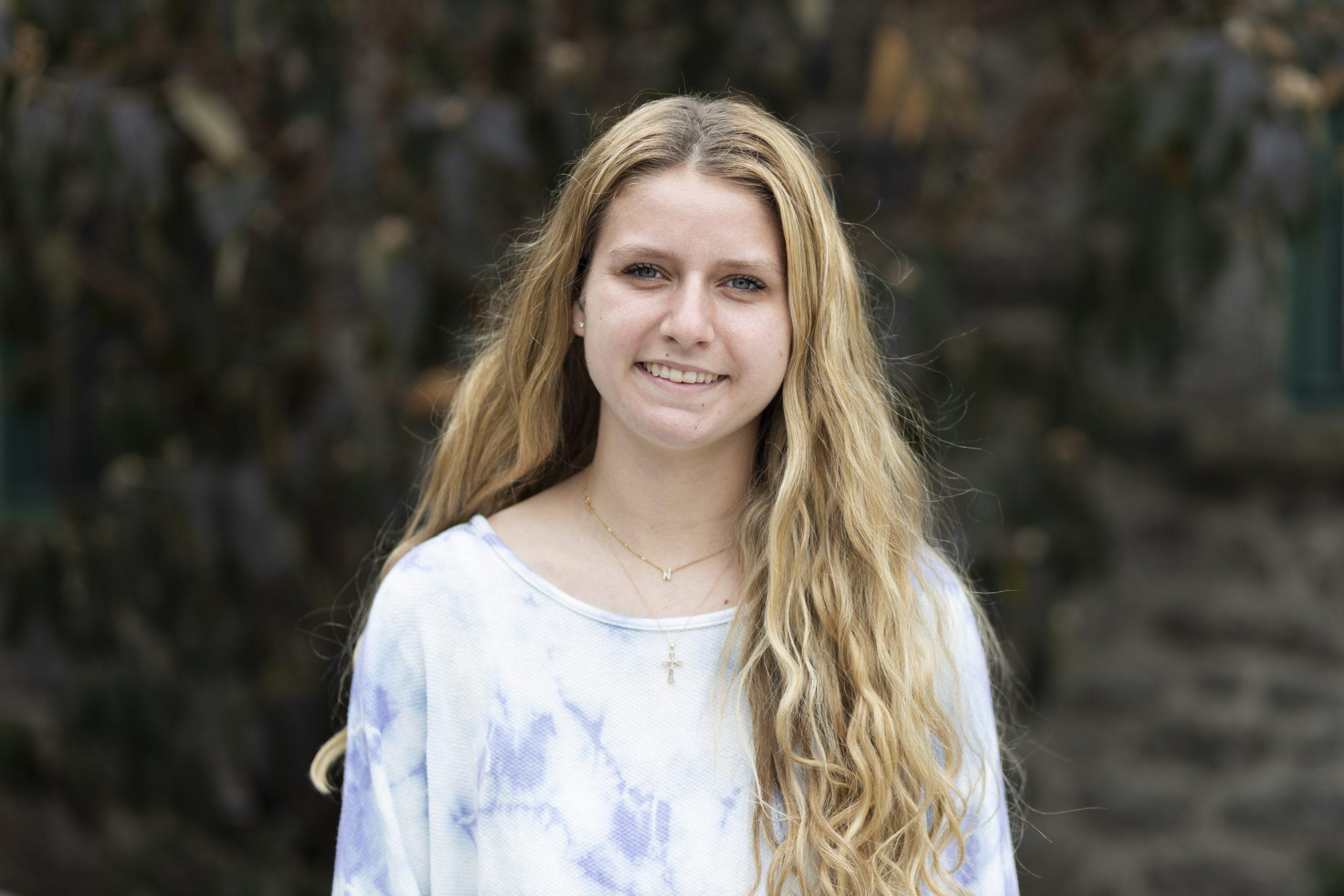For the past 18 years of my life, a soccer ball has always been at my feet.
From the moment I could hold myself up on my two little legs, I was learning how to kick a ball in the smallest size pink Nike cleats Kicks N Sticks sold. As the daughter of a coach I spent countless hours at the field watching and admiring my father’s high school soccer teams practice.
Yet, after playing 66 college games and starting 64 of those games during my time at St. Joe’s, I somehow still find myself wondering if I am good enough.

With my infatuation with soccer came an insurmountable amount of pressure: pressure to get better every single day, to make my parents proud, to perform well for my teammates, to maintain straight A’s in school, to be the best version of myself at every game.
By the time I was 12 years old, I was playing for Players Development Academy (PDA), one of the best soccer clubs in the country, and in an environment driven by cutthroat competition. My best friends off the field were the same people I was battling for playing time against on the field. Like mini-professionals, each of us brought our all to every single practice, aware that how we trained on Tuesday and Thursday would certainly affect how much we would play on Saturday and Sunday.
It has been five years since I played for PDA and made that 45-minute drive to Zarephath, New Jersey, from my home in West Orange, yet I can still feel the cartwheels in my stomach that would start when we got within a mile radius of the fields.
Despite the fact that my heart would drop every time we got off exit 12 on I-287, there was no doubt I was still flourishing on the field. As a consistent starter and minute-heavy player, I was playing with and against the very best players in my age group across the country. The games we played at college showcases and tournaments drew in a lot of traffic and attention from college coaches.
The recruiting process to play college soccer started when I was 13 years old, half a decade before I would step foot on a college campus as a Division I student-athlete. Time pressed on, and my teammates all began committing to some of the biggest programs in women’s college soccer: Duke, UCLA, Rutgers, South Carolina. As if the pre-existing pressures were not enough, the added layer of committing to a high-level college soccer program like my fellow teammates became nearly unbearable.
I spent the first two years in high school conversing with college coaches, but listening to the same sales pitches on the phone overwhelmed me. It was very difficult to dissect any authenticity from coaches during these recruiting conversations. I often had to work up the courage to actually call the intimidating coaches. My parents weren’t on those calls. It was just me on the phone with these college coaches trying to decide my future.
Self-doubt consumed me. I lost sleep worrying about my future and all of the hard work I had put in to get me where I was.
By the summer going into my junior year, I had been in contact with the coaches and the program that I felt most confidently would become my future home. Shortly after, in October 2019, I committed to play Division I soccer for St. Joe’s. I was ecstatic, but the weight on my shoulders was not completely gone.

Playing soccer at the next highest level is always the foreseeable goal, the next step. Travel to high school, high school to club, club to college. But when you are moments away from discovering if you have made the right decision for your future and if you are prepared and ready, it is terrifying.
Before my first game at St. Joe’s, I remember feeling as though the past 15 years of training were all boiling down to 90 minutes. It was as if every early morning and late night spent grinding and getting better were either going to be validated or unvalidated by my first performance as a Hawk.
It is safe to say that everything ended up working out for me just fine. I would go on to start the next 64 of 66 games of my career here at St. Joe’s, including that very first one, averaging just about 84 of 90 minutes per game over my four years.
Regardless of my apparent success on the field, performance anxiety has still managed to find a way to take up retail space in my brain. Over my career at St. Joe’s, I have continuously met with Dr. Andrew Wolanin, our sports psychologist, to work through my thoughts and feelings. Despite the fact that I am a four-year starter, two-year captain and leader in assists and goals, I still worry about my position on the team. Every single day.
But I have gotten so much better.
As captain, I pride myself on being someone my teammates feel comfortable coming to. Through my willingness to be vulnerable about my experiences with mental health, I have encouraged my teammates to do the same.
Over the years, I have learned that it’s okay to struggle, to ask for help, to be anxious. Accepting that I experience performance anxiety means I have been able to discover ways to control it and make myself even stronger both on and off the field. And that’s how I know I’m good enough.






































